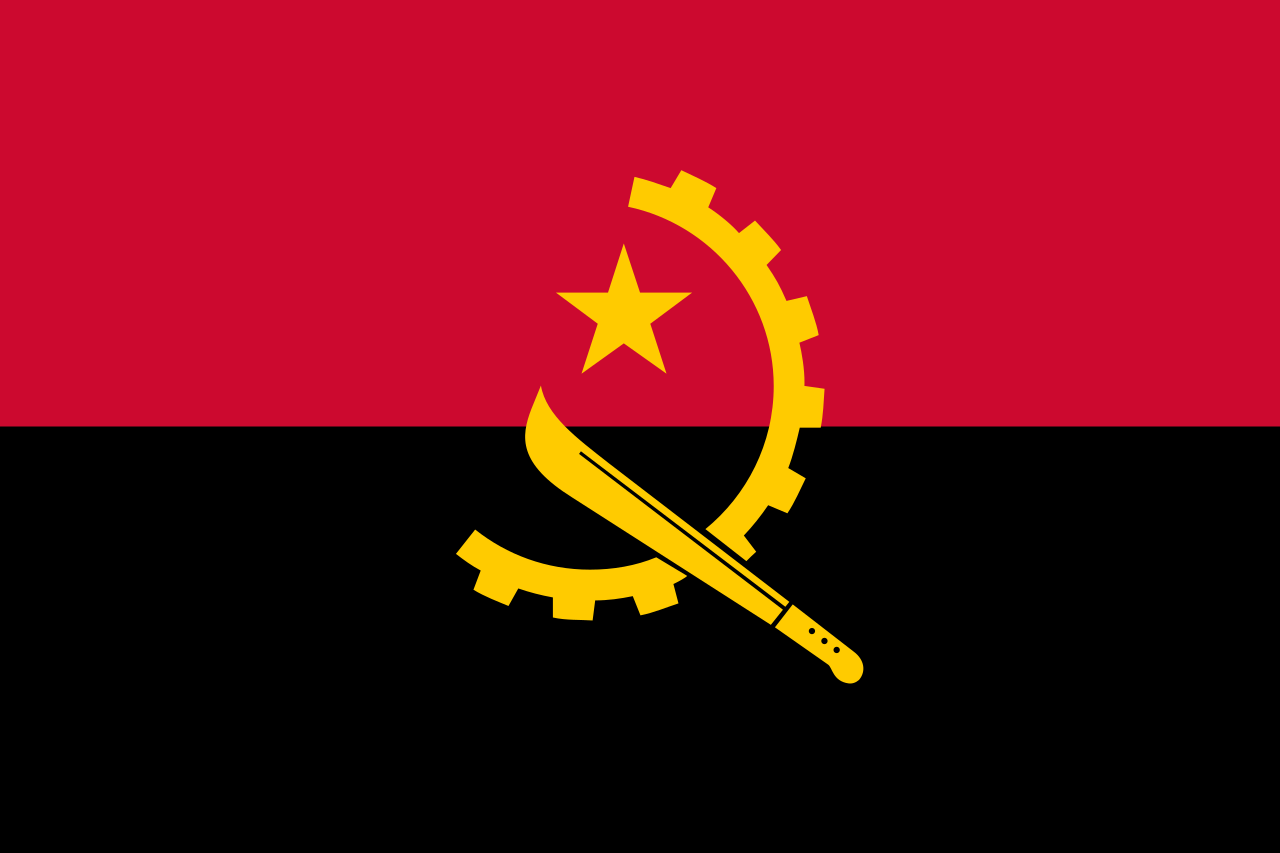Extraordinary Coffee, Unique Terroir, and the Unfolding Tale of a Java Jewel
As a country with a tumultuous history, Angola has faced numerous challenges in the realm of agriculture, including coffee cultivation. Historically, Angola was a significant player in the global coffee market, renowned for its Arabica beans. However, the civil war that ravaged the country for nearly three decades, from the mid-20th century until 2002, severely impacted the coffee industry. In recent years, efforts have been made to revive and rejuvenate Angola’s coffee sector, shedding light on the unique coffee profile that this African nation has to offer.
Angola’s coffee industry primarily centers around Arabica beans, which thrive in the country’s high-altitude regions, such as the mountains of Uige and Cabinda. The elevation, combined with the tropical climate, provides favorable conditions for the cultivation of high-quality coffee. The distinct terroir of Angola imparts unique characteristics to its beans, offering a potential niche in the global coffee market.
The flavor profile of Angolan coffee is influenced by the country’s diverse geography, including its mountainous landscapes and proximity to the Atlantic Ocean. Arabica beans from Angola often exhibit a medium body, bright acidity, and a flavor palette that can include fruity and floral notes. The slow maturation of the coffee cherries at higher altitudes contributes to the nuanced taste, offering a promising foundation for specialty coffee production.
Sustainability and ethical practices are becoming integral to Angola’s efforts to revive its coffee industry. NGOs, government initiatives, and private enterprises are working together to support smallholder farmers, implement environmentally friendly practices, and improve the overall quality of Angolan coffee. These efforts align with the global trend toward responsible and sustainable coffee production, adding value to Angolan beans in the eyes of environmentally conscious consumers.
While Angola is not yet a dominant force in the specialty coffee market, there is a growing recognition of its potential. Terms like “Angolan Arabica” and “Angolan single origin” are gradually gaining traction, reflecting the emerging interest in the distinct flavors that Angolan coffee can bring to the cup. As the industry continues to develop, Angola has an opportunity to position itself as a source of unique and high-quality Arabica beans.
The socio-economic impact of the coffee industry in Angola is noteworthy. Smallholder farmers, who form the backbone of coffee cultivation in the country, stand to benefit from the revitalization efforts. Increased investment, access to resources, and improved market linkages can contribute to the upliftment of local communities, aligning with the broader goals of sustainable development.
Angola’s coffee profile is a tale of resilience and revival. The country, once a prominent player in the global coffee market, is making strides to reclaim its position. The unique terroir, coupled with efforts to ensure sustainable and ethical practices, positions Angolan coffee as a promising contender in the specialty coffee arena. As the industry gains momentum, coffee enthusiasts have the opportunity to explore and appreciate the distinct flavors that Angola brings to the global coffee cup.
Tags: angola, coffee grower

